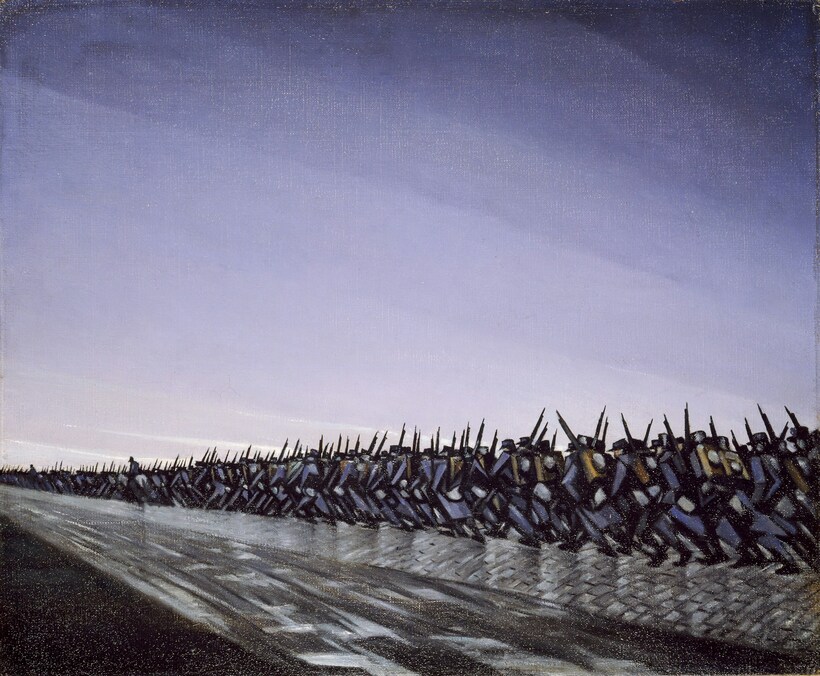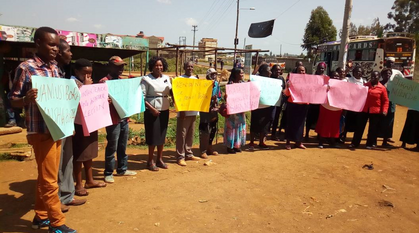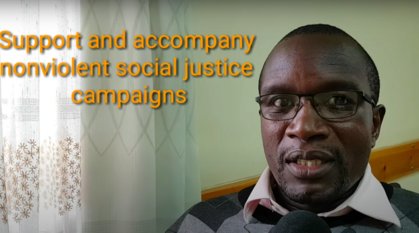Refusing to kill: conscription and conscience
Conscription has been in the news in Britain – but young people should know about our proud history of conscientious objection, writes Rosemary Rich.

On 24 January, the head of the British army, General Sir Patrick Sanders stated that the country should train a "citizen army" ready to fight a land war in the future. Prompted by the threat from Russia and similar steps being taken by other European nations, he warned that an increase in reserves forces alone would "not be enough", and a future conflict would have to be a "whole-of-nation-undertaking".
This pronouncement understandably sparked headlines and much debate and discussion on traditional and social media, with some commentators claiming that lazy young 'snowflakes' could do with being called up for military service. Interestingly, however, YouGov ran a poll in response to the discussion which has revealed that more than a third of under 40s would refuse conscription if a war broke out.
Many of these respondents may not be aware that they would be joining a proud tradition of conscientious objection to military service in Britain. The first conscientious objectors emerged during the First World War, after conscription was initially introduced in 1916. Significantly, a 'conscience clause' was included in the Military Service Act, which allowed exemptions "on the grounds of a conscientious objection to the undertaking of military service", fought for by three Liberal Quaker MPs. Britain was unique amongst other belligerent nations for not requiring a formal religious affiliation for recognition of conscience, also accepting political and humanitarian grounds.
More than 16,000 men took this path during the First World War, often treated harshly by the government, with every effort made to get them into the armed forces. Around 1,300 'absolutists' faced particularly brutal treatment, with a number even being sent to France and given the death penalty, ultimately having their sentences commuted.
While the conscientious objectors of the First World War have entered somewhat into the public consciousness in Britain, those of the Second World War have been largely erased from our national story. During this latter conflict, 60,000 individuals in Britain registered as conscientious objectors, over three times as many as in the previous war. My grandfather was among them. Although they still experienced difficulties, the abuses and injustices of the First World War were largely corrected. Churchill himself said of conscientious objectors in 1941, that "anything in the nature of persecution, victimisation, or man-hunting is odious to the British people."
This was largely because the tolerant treatment of conscientious objectors was seen as part of the moral distinction between Britain and Nazi Germany. As historian Tobias Kelly has noted, "if the war was said to be just, it was partly because the Allies left space for freedom of conscience".
Therefore, the 38% of respondents who said that they would refuse conscription if Britain entered a world war should know that they would be following in a proud tradition of conscientious objection in this country. And it would perhaps surprise some commentators to realise that freedom of conscience, the right not to fight, was seen as the height of civilisation during this momentous period of British history.


